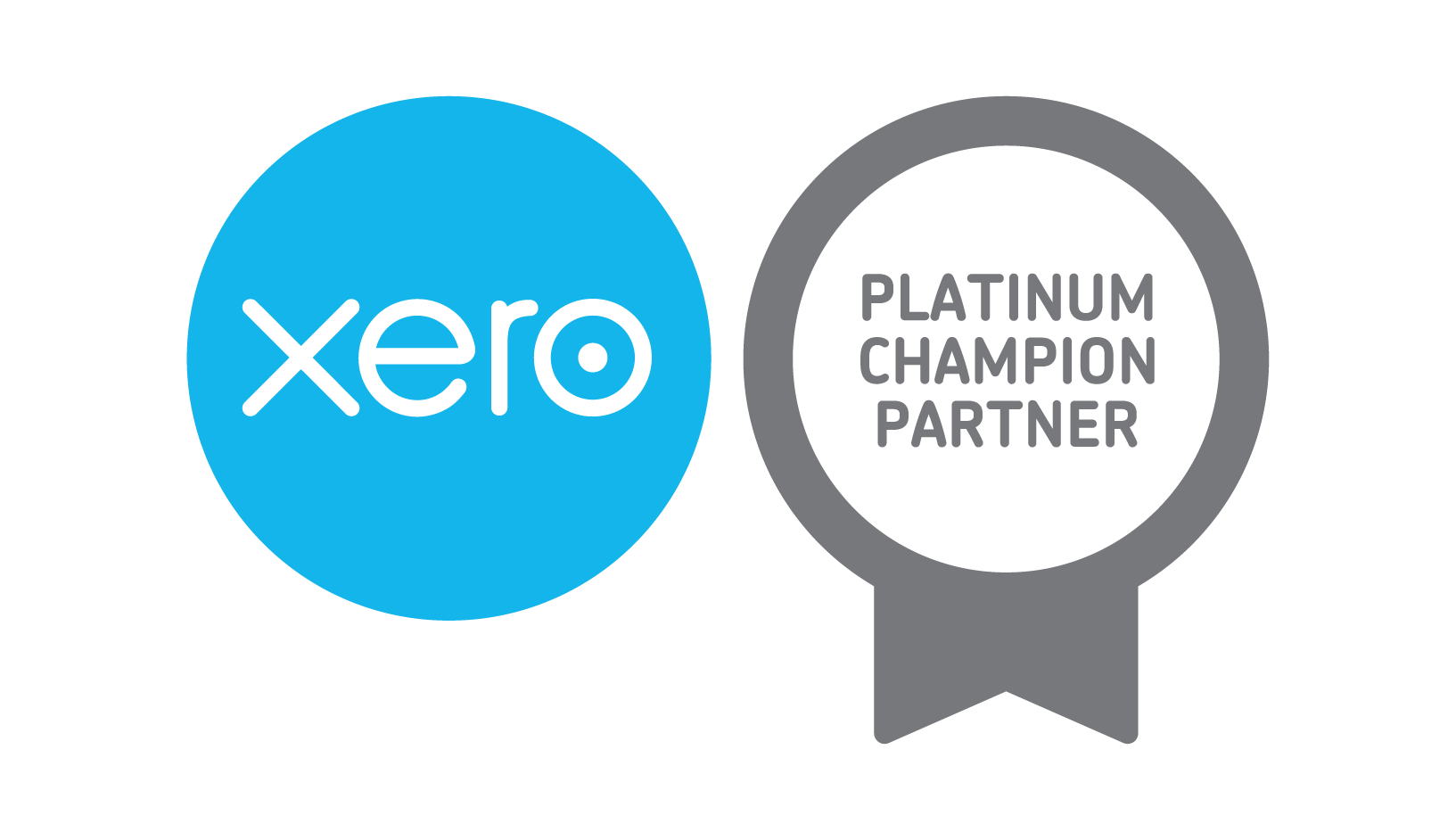The Winter Economy Plan
Date: Friday, 25th September 2020
The Chancellor announced yesterday new measures in a Winter Economy Plan that sets out how the government intends to protect jobs and continue to support the economy over the coming months.
The new plan was released instead of the normal Autumn Budget that was officially cancelled on the 23 September.
FURTHER SUPPORT FOR EMPLOYMENT
The Chancellor confirmed that as previously advised the Corona Virus Job Retention Scheme would finish at the end of October stating that it was necessary to focus the efforts on supporting “viable” businesses and jobs.
The launch of the new Job Support Scheme was announced as a replacement. The Scheme will commence from 1 November and will run for 6 months. The key information is set out below:
- Support viable jobs
- Employees must work at least a third of their contracted working hours and employers will continue to pay the wages for staff for the hours they work.
- For the remaining contracted hours not worked, the Government and the employer will pay a third of the shortfall in the employee’s usual pay. The Government’s contribution is capped at £697.92 per month. This means those working only 33% of their usual hours will still receive 77% of their salary. 55% covered by the employer and 22% by the Government.
- Open to all small and medium businesses (and some larger firms)
- The new Job Support Scheme is open to all small and medium-sized businesses, as well as larger firms who must demonstrate they have been adversely affected. Even small firms that did not need to use the original furlough scheme can potentially utilise the Job Support Scheme.
- Employers also able to claim the Job Retention Bonus simultaneously
- The Job Support Scheme is designed to work in tandem with the Jobs Retention Bonus. The Job Retention Bonus was announced in July confirming that the government will pay a one-off payment of £1,000 to UK employers for every furloughed employee who remains continuously employed through to the end of January 2021. Employers will need to have maintained enrolment for PAYE online, a UK bank account and ensured that the eligibility criteria have been met.
- Businesses will not be able to issue redundancy notices to employees on the Job Support Scheme.
SELF-EMPLOYMENT INCOME SUPPORT SCHEME EXTENSION
- Self-employed individuals have also been given additional reassurances of Government aid between now and 30th April 2021. The Self-Employed Income Support Scheme (SEISS) will now provide 20% of an individual’s average monthly trading profits in the form of a cash grant. This is significantly lower than the first and second SEISS grants of 80% and 70% respectively.
- The third grant will cover November through to January, spanning three months of average monthly trading profits in one instalment – up to a maximum of £1,875 in total.
- An additional fourth grant, which may be adjusted to respond to changing circumstances, will be available for self-employed individuals to cover the period from February 2021 to the end of April.
DEFERRALS AND TAX CUTS
An array of deferrals and tax cuts were also announced to help businesses with cashflow.
Tourism and hospitality sector
- There is to be an extension to the temporary 15% VAT cut for the tourism and hospitality sectors to the end of March next year.
Deferral of VAT payments
- All businesses who deferred their VAT bills between March and June this year can utilise the New Payment Scheme, which gives them the option to spread the VAT liability. Businesses will need to “opt-in” to take advantage of the scheme, HMRC will launch the “opt-in” process in early 2021.
- Rather than paying a lump sum in full at the end of March 2021, it will be possible to make 11 smaller interest-free payments in the 2021-22 financial year.
Deferral of self-assessment tax payments
- Self-assessment taxpayers will be able to benefit from an additional 12-month extension from HMRC on an Enhanced Time to Pay arrangement. As a result payments on account for July 2020, and those due in January 2021, will now not need to be paid until January 2022.
- Where the total tax due doesn’t exceed £30,000 the application for time to pay will be agreed automatically when the taxpayer applies using an online form.
CHANGES TO FINANCE SCHEMES
The government is extending the four temporary loan schemes, which have helped over a million businesses to date, to 30 November 2020 for new applications and 31 December set as the new deadline for approvals. This includes the Bounce Back Loan Scheme (BBLS), Coronavirus Business Interruption Loan Scheme (CBILS), Coronavirus Large Business Interruption Loan Scheme (CLBILS) and Future Fund.
Pay as you Grow
- The government will give all businesses that borrowed under the BBLS the option to repay their loan over a period of up to ten years instead of six. This will reduce their average monthly repayments on the loan by almost 50%.
- UK businesses will also have the option to move temporarily to interest-only payments for periods of up to six months (an option which they can use up to three times), or to pause their repayments entirely for up to six months (an option they can use once and only after having made six payments).
- These changes will provide greater flexibility to repay these loans over a longer period and in a way that better suits businesses’ individual circumstances.
CBILS loan extension
- The government intends to allow CBILS lenders to extend the term of a loan up to ten years, providing additional flexibility for UK-based SMEs who may otherwise be unable to repay their loans.
We hope this information helps and supports you and your business, and we’ll continue to keep you updated on key developments over the coming weeks.
FURTHER INFORMATION
In addition please see enclosed link for additional information and help:


